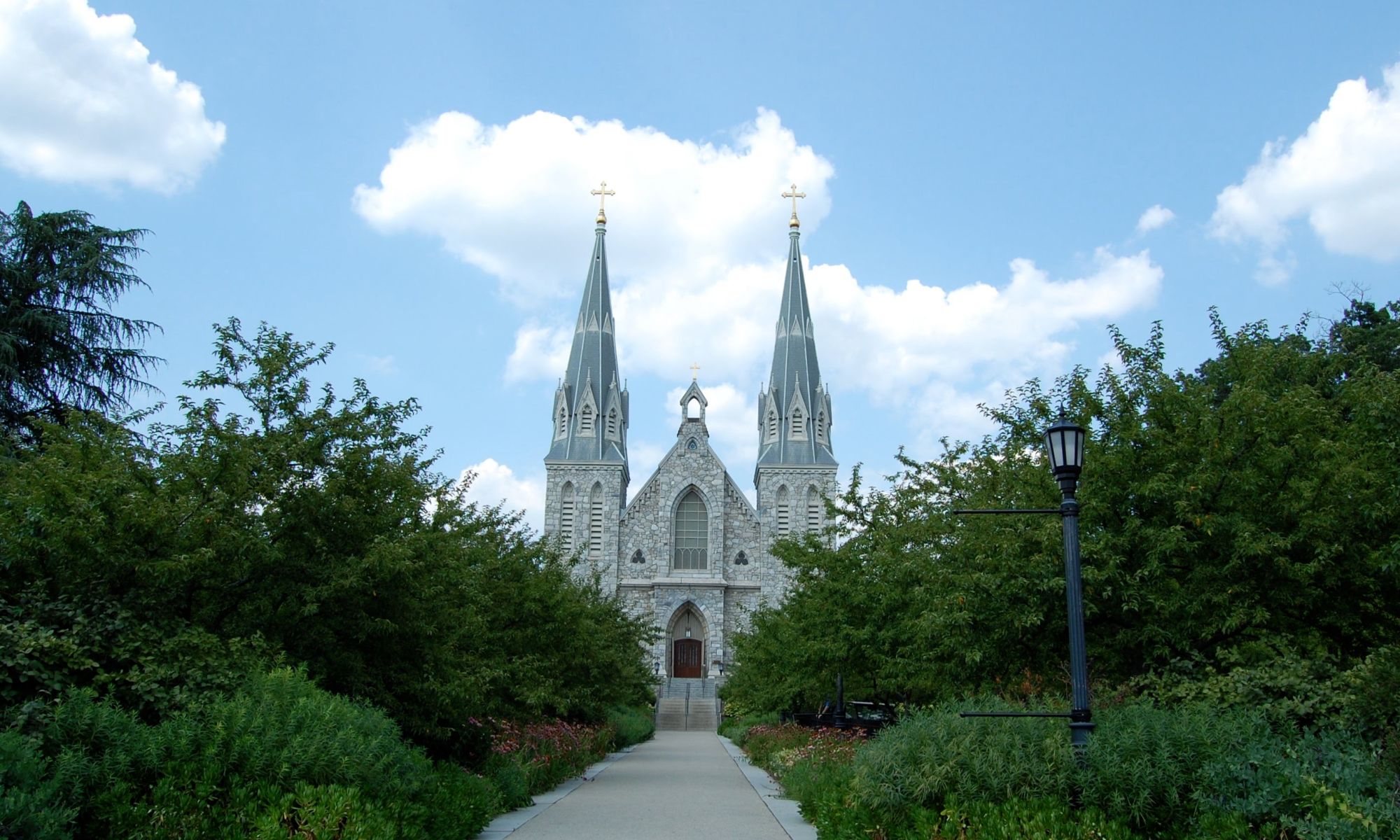When I was growing up, going to college was never even a question. Working hard in high school to ensure admittance into a university that would foster my growth, intelligence, and ultimately raise my chances of acquiring a respectable post-graduate job wasn’t just an expectation, it was the norm. And statistics would show that this sentiment resonates with a lot of people since in Fall of 2013, a record 21.8 million students enrolled in colleges and universities across the U.S..
I’m thrilled that more students can partake in the unique experience we call our “college years.” But looking back on my undergraduate years, I also distinctly remember too many times where my professors and classes were not sufficiently challenging, mentally stimulating, or were truly educating me. I listened to lectures, took my notes, and simply regurgitated information, and as students, we were no better; we sought the “easy-A” courses, in hopes that we’d churn out good GPA’s for those elusive high-paying jobs. College today, feels more like a training ground for the ideal employee and not a place of true learning and intellectual challenge. What’s more, we rarely seem to question this status quo and collectively groan at the prospect of 8:30 classes or the notoriously demanding professors because who were we kidding, we were here to pick the “right” major and get a degree for that lucrative job – applying oneself and learning, optional.
Call it idyllic, but my idea of a college education is about more than getting 4.0’s, choosing the major with greatest job security, and then finding employment. I see it as an opportunity for engagement, critical thought, and innovation, yet sometimes it feels as though our universities have forgotten how to provide that kind of creative environment while students have become complacent in seeking one. There is so much more to an education than what can be taught out of a textbook. There needs to be dialogue and intrigue and even some adventure because amazing things come to fruition when individuals are inspired to communicate and share ideas. Undoubtedly, academia is important. There needs to be some standardized method to gauge how much effort a student has input to learn and retain the appropriate material. The application of the knowledge our degrees provide us is also important. However, I would love to see our universities and students try harder in upholding the integrity of a true education with the reminder that it’s not just about the degree.
Our college years are some of the most uninhibited and wondrously selfish years of our lives, yet many of us are so busy cramming for exams with our eyes glued to powerpoint lectures that we completely forget there exists is an entire world at our fingertips. There are books to be read, exotic foods to try, cities to explore, and interesting people to meet. Such experiences provide character, depth, compassion, and a wealth of cultural knowledge that exists outside our narrow bubbles of thought. A true education equips us with, not only facts and figures, but also the willingness to ask questions and seek answers that can’t be found on a multiple choice exam.
So with my remaining few months as an undergrad, I plan on maximizing my education. I’ll be honest, some days I do wish I could re-do it all. As much as I have no regrets, I would definitely do some things differently. I would have told myself to be more confident, more motivated, and more inquisitive than I have been the last three years. And here’s to hoping that when the time comes to put on my cap and gown and walk side by side with the friends that made college a home, I can truly say I had the best education possible.

